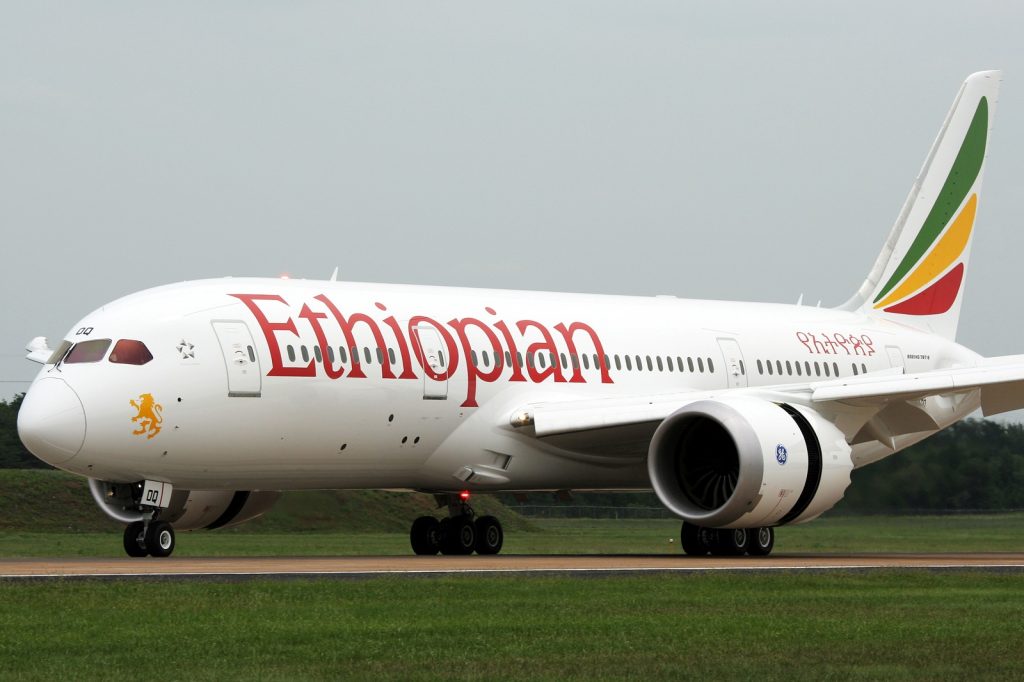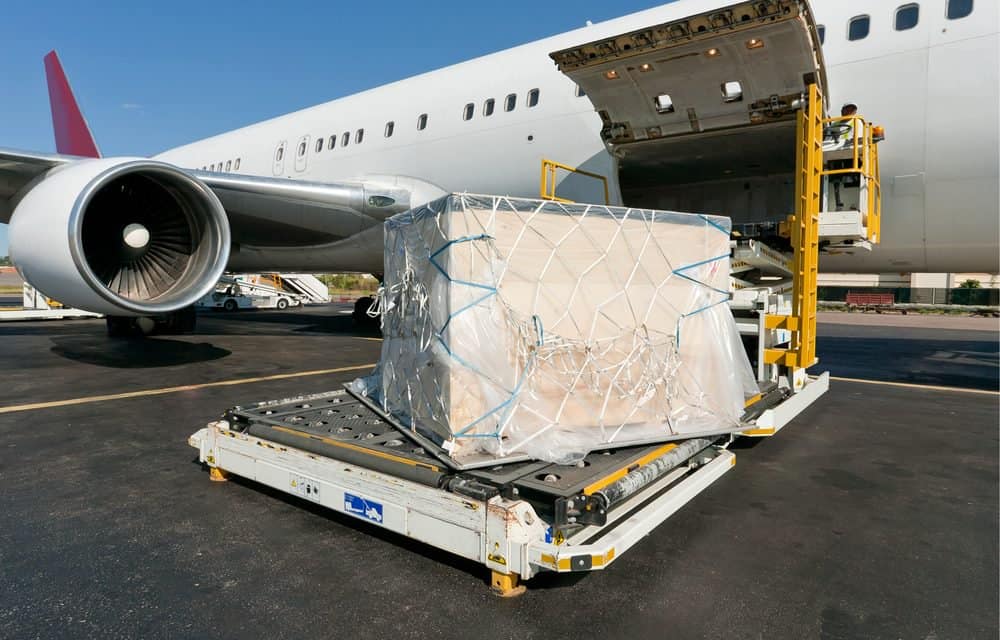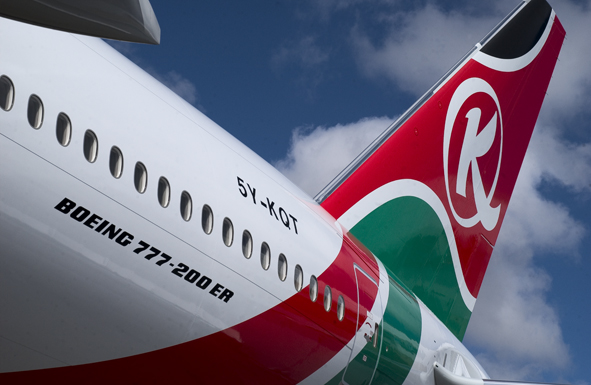The Intra-African Trade Fair (IATF2021) will see Durban host key figures from the world of trade, including entrepreneurs, financiers, governments and regulators, on one platform to deliberate on trade acceleration and investment throughout the African continent.
Organised by the African Export-Import Bank (Afreximbank) in collaboration with the African Union (AU) and the African Continental Free Trade Area (AfCFTA) Secretariat, IATF2021 is being held at Durban International Convention Centre, KwaZulu-Natal, South Africa.
IATF2021 is expected to attract over 10,000 attendees from across Africa with US$40 billion of trade and investment deals set to be concluded at the event, meaning the conference offers unrivalled business and commercial networking opportunities and will boost intra-African trade and investment.
Attendees will be able to see 1,100 exhibitors showcasing their goods and services, while Business-to-Business and Business-to-Government exchanges provide opportunities for further deals, business matchmaking and networking.
Speakers at the conference are from some of the highest tiers of business and government in Africa, with unparalleled commercial and government insight into economic opportunities and threats in Africa.
Some of this year’s speakers from the world of politics and government include Cyril Ramaphosa, President of the Republic of South Africa; Chief Olusegun Obasanjo, former President of the Federal Republic of Nigeria; Ambassador Albert M. Muchanga, African Union Commissioner for Trade and Industry; and Dr Vera Songwe, Executive Secretary of United Nations Economic Commission for Africa (UNECA).
Many of the continent’s most influential business luminaries in attendance include Prof. Benedict O. Oramah, President and Chairman of the Board of Directors, Afreximbank and co-convener of IATF2021; Aliko Dangote, President and CEO of Dangote Industry Limited, this year’s main sponsor; Ahmed Elsewedy, president and CEO of Elsewedy Electric; Akin Dada, Group Executive, Corporate and Investment Bank, Ecobank Group, and many more.
This year’s IATF conference will also be taking a deep dive into a number of thematic areas, with additional networking and conference facilities in each of the following vertical areas:
The IATF Youth Start-Up programme will highlight the support needed for youth-owned start-ups and small and medium-sized businesses to thrive, including capacity development, mentoring, access to finance, supportive infrastructure, government policy and market linkages.
The Creative Africa Nexus (CANEX) will provide a platform for Africa’s creative and cultural sectors to connect with policymakers, prominent investors, and thought leaders in the creative sector.
The IATF Automotive Show will showcase Africa’s dynamic automotive sector, encouraging the continent’s car and car equipment manufacturers, assemblers, and component suppliers to exhibit their products and find out more about other businesses and market opportunities.
Source: Ghanaian Times










